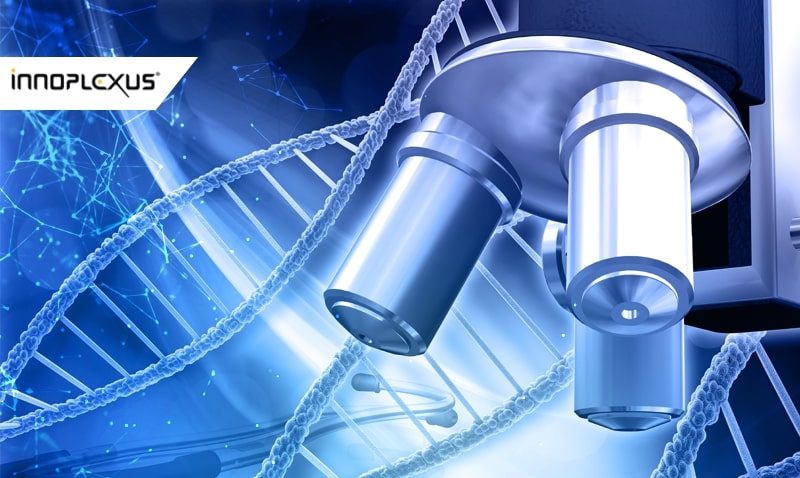
Ontosight® – Biweekly NewsletterJune 17th – June 30th, 2024 –Read More

Ontosight® – Biweekly NewsletterJune 17th – June 30th, 2024 –Read More
May 24
Apr 24

Innoplexus wins Horizon Interactive Gold Award for Curia App
Read More
AI technologies are more widely used in the pharmaceutical industry today to enable for its extensive review of scientific and medical literature. Extensive data obtained through AI can support the discovery of potential biomarkers, accelerate drug development and identify repurposing opportunities.1 The FDA sees tremendous potential in technologies such as machine and deep learning in healthcare.
Keen interest in using automated technologies is rapidly expanding across the pharmaceutical and biotechnology industries. The FDA, has been developing a new regulatory framework to promote innovation and to “support the use of AI-based technologies”, according to Dr. Scott Gottlieb, the FDA Commissioner, speaking in 2018 at the Health Datapalooza in Washington DC. “AI holds enormous promise for the future of medicine,” said Gottlieb.
The industry has established the use of AI models and algorithms in order to speed up the analysis of large datasets to identify potential drug candidates. The process is much faster than manual analysis where a researcher is generally able to annotate upto 300 articles in a year. When compared, the efficiency of machine learning tools is not only unquestionable, but also the insights generated through search queries are accurate, relevant and based on the latest published research.
Using AI technologies and AI-based tools, scientific literature can be utilized to generate disease insights and develop more robust hypotheses. Owing to these advantages, the world’s first AI-generated drug, DSP-1181, a compound expected to treat obsessive-compulsive disorder has already entered Phase I of clinical trials earlier in 2020.2 The key milestone in healthcare was achieved by Sumitomo Dainippon Pharma. By using AI technologies, drug discovery time was reduced from 4-5 years to 1 year.
In 2017, the FDA issued a ‘Digital Health Innovation Action Plan’3 to outline its approach to implement effective technologies in healthcare and support the use of AI-based applications in research and drug development. Moreover, the FDA is supporting initiatives to develop and apply advanced predictive models in streamlining the drug review process.4 With an efficient regulatory framework, safe and effective therapies can be discovered, developed, and marketed much faster than ever.
References:1. https://www.cnbc.com/2018/04/26/fda-moves-to-encourage-a-i-in-medicine-drug-development.html
2. https://www.fda.gov/media/106331/download
3. https://www.bioworld.com/articles/429315-fda-looks-to-ai-to-streamline-drug-development-and-approval-process
The cost of developing a new drug roughly doubles every nine years (inflation-adjusted) aka Eroom’s law. As the volume of data…
There was a time when science depended on manual efforts by scientists and researchers. Then, came an avalanche of data…
Collaboration with key opinion leaders and influencers becomes crucial at various stages of the drug development chain. When a pharmaceutical…
Data are not the new gold – but the ability to put them together in a relevant and analyzable way…
Artificial intelligence, or AI, is gaining more attention in the pharma space these days. At one time evoking images from…
Artificial intelligence (AI) is transforming the pharmaceutical industry with extraordinary innovations that are automating processes at every stage of drug…
There is a lot of buzz these days about how artificial intelligence (AI) is going to disrupt the pharmaceutical industry….
Drug discovery plays a key role in the pharma and biotech industries. Discovering unmet needs, pinpointing the target, identifying the…
The pharmaceutical industry spends billions on R&D each year. Clinical trials require tremendous amounts of effort, from identifying sites and…
Training algorithms to identify and extract Life Sciences-specific data The English dictionary is full of words and definitions that can be…
The early 1970s introduced the world to the idea of computer vision, a promising technology automating tasks that would otherwise…
Summary: AI could potentially speed drug discovery and save time in rejecting treatments that are unlikely to yield worthwhile resultsAI has…